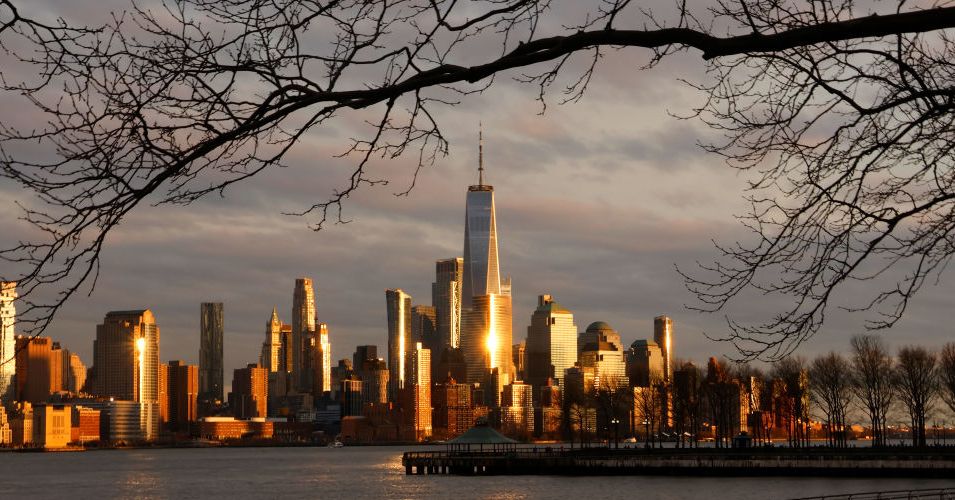This story originally appeared on Grist and is part of the Climate office collaboration.
Cities seeking to eliminate fossil fuels in buildings have won a decisive victory. Last week, a federal judge rejected legal action Brought by plumbing groups and business construction against a New York prohibition in natural gas in new buildings. The decision is the first to be explicitly disagreed with a previous decision that canceled Berkeley, California first nation gas ban. This ordinance, rendered by the 9th Circuit Court of Appeals in 2023 and confirmed again last yearHas encouraged cities across the country to withdraw or delay the laws modeled after the Berkeley prescription.
While New York’s law operates differently from Berkeley, legal experts claim that this month's decision provides solid legal place to all types of local policies to eliminate gas in buildings – and could encourage cities to take ambitious measures again.
“This is a clear victory in this regard because the decision of the 9th circuit had a truly frightening effect on local governments,” said Amy Turner, director of the cities' climate law initiative at Sabin Center for Climate Change Law of Columbia University. “Now there is something else to report, and a good reason for hope for local governments that may have burned their construction electrification plans to bring them back to the fore.”
In 2021, the city of New York adopted Local law 154which sets an air emission limit for the interior combustion of fuels in new buildings. Under the law, the combustion of “any substance which emits 25 kilograms or more of carbon dioxide per million of British energy units” is prohibited. This standard effectively prohibits gas stoves, ovens and water heaters, as well as any other fossil fuel food devices. Instead, property developers must install electrical devices, such as induction stoves and heat pumps. Policy has entered into force in 2024 For buildings of less than seven floors, and will apply to larger buildings from 2027.
Berkeley's law, on the other hand, prohibited the installation of gas piping in a new construction. The policy of the first of its kind was adopted in 2019 and inspired nearly a hundred local governments across the country to introduce similar laws. But the order was quickly faced with a legal action by California Restaurant Association, which argued that gas stoves were essential for the food services industry. In April 2023, the 9th short circuit ruled in favor of the catering industry, judging that federal energy efficiency standards pre -empted Berkeley's policy. In January 2024, a petition by the city of Berkeley to repeat the case on the 9th circuit has been refused.


